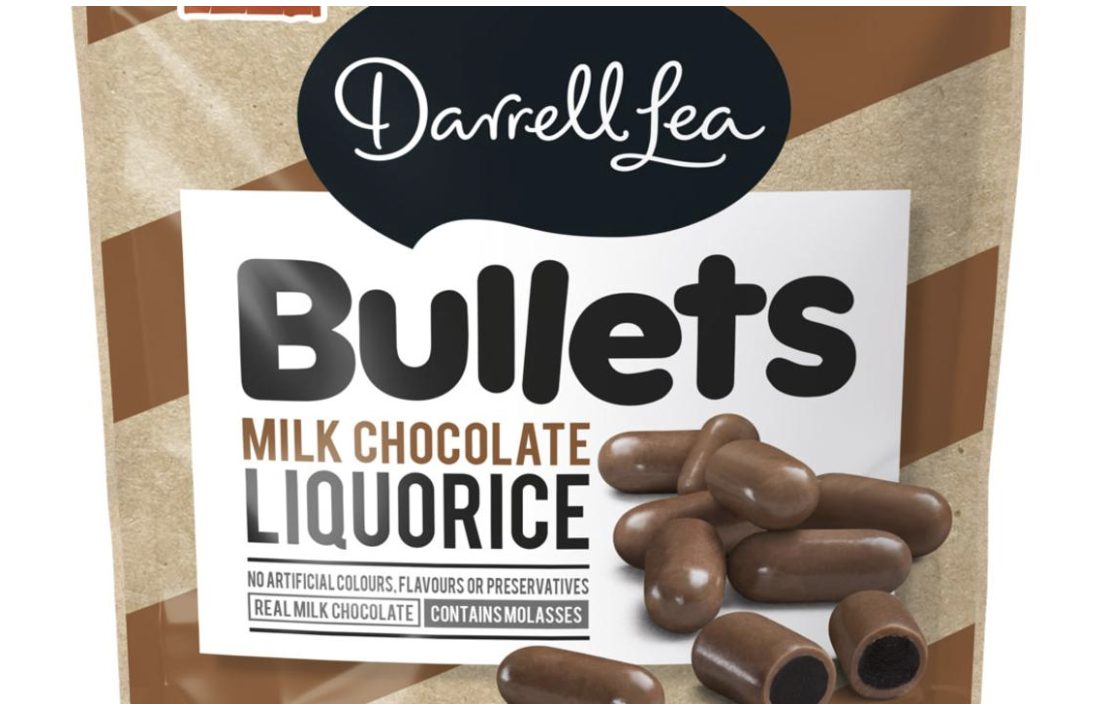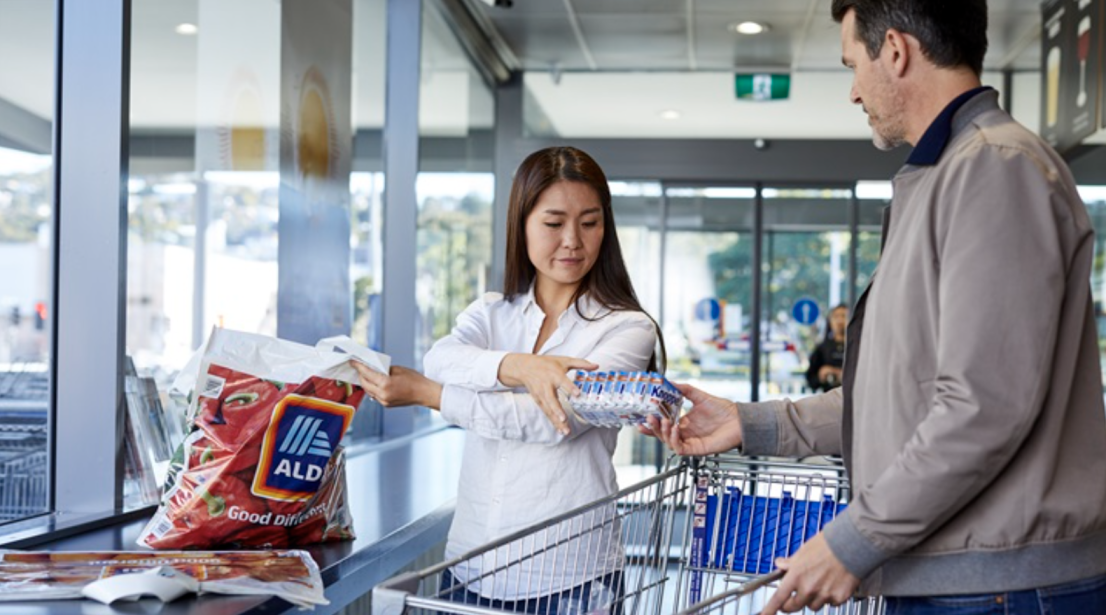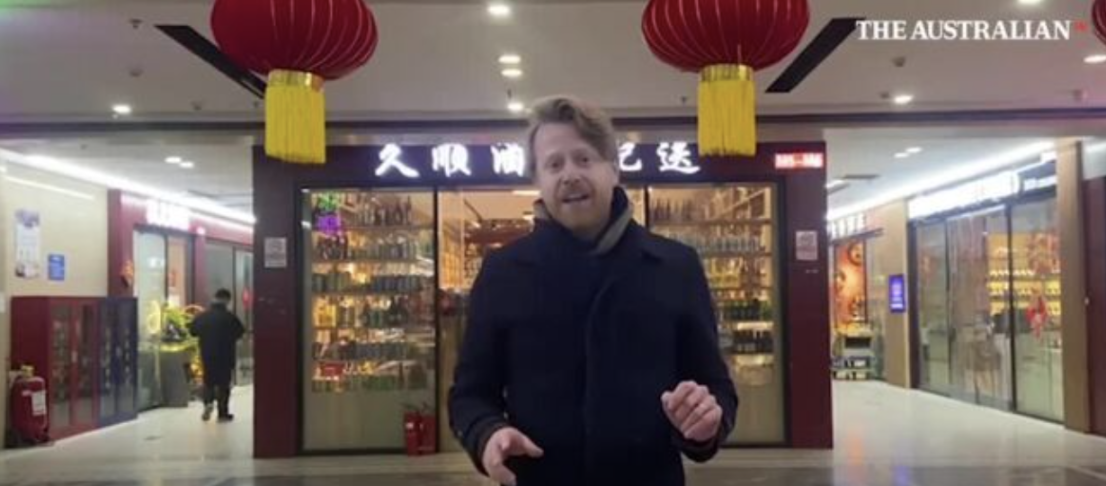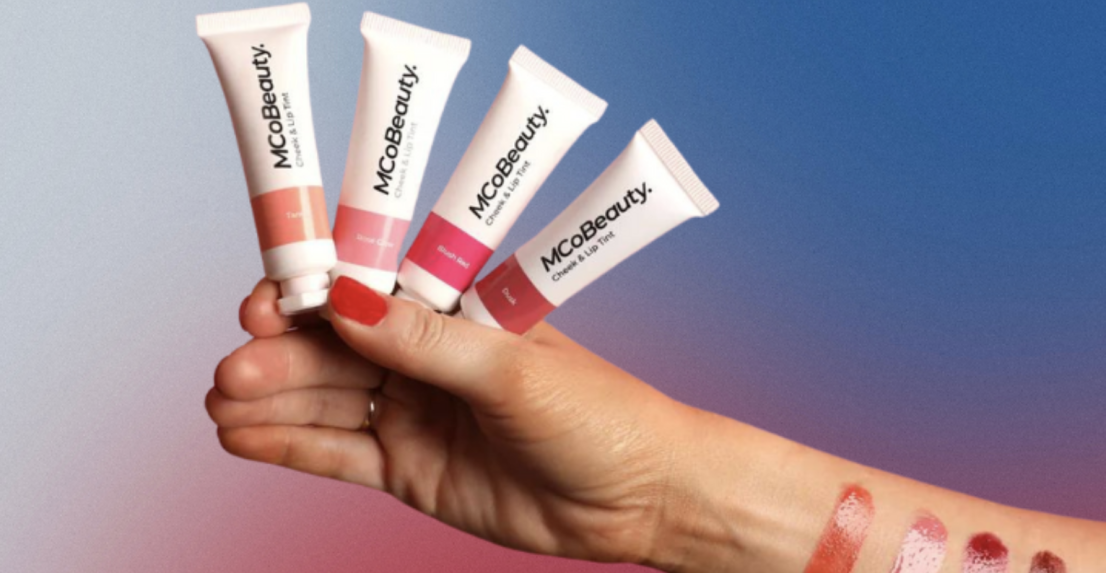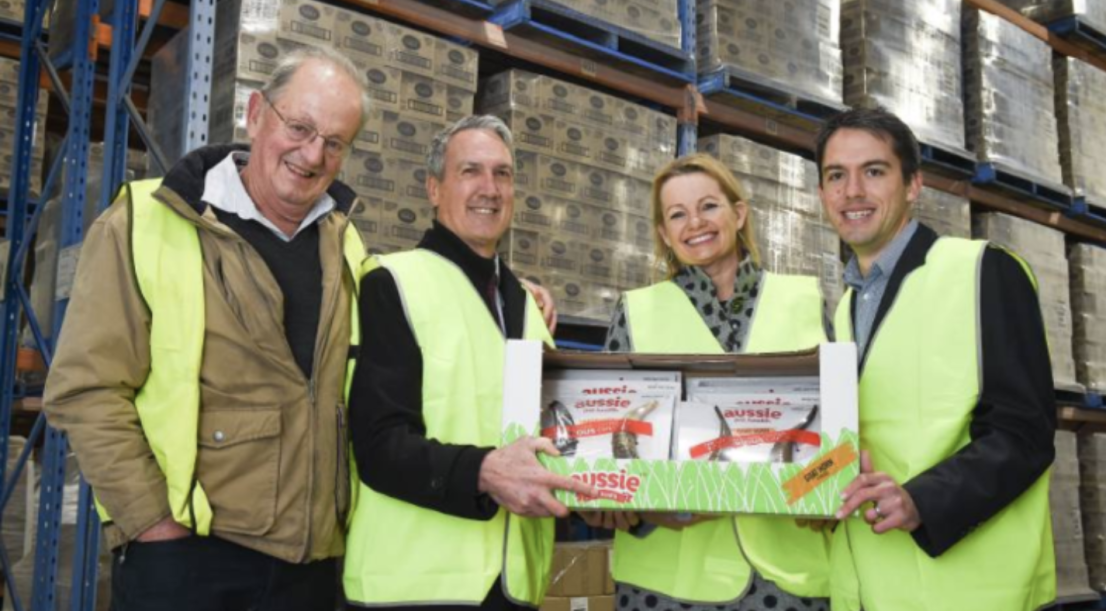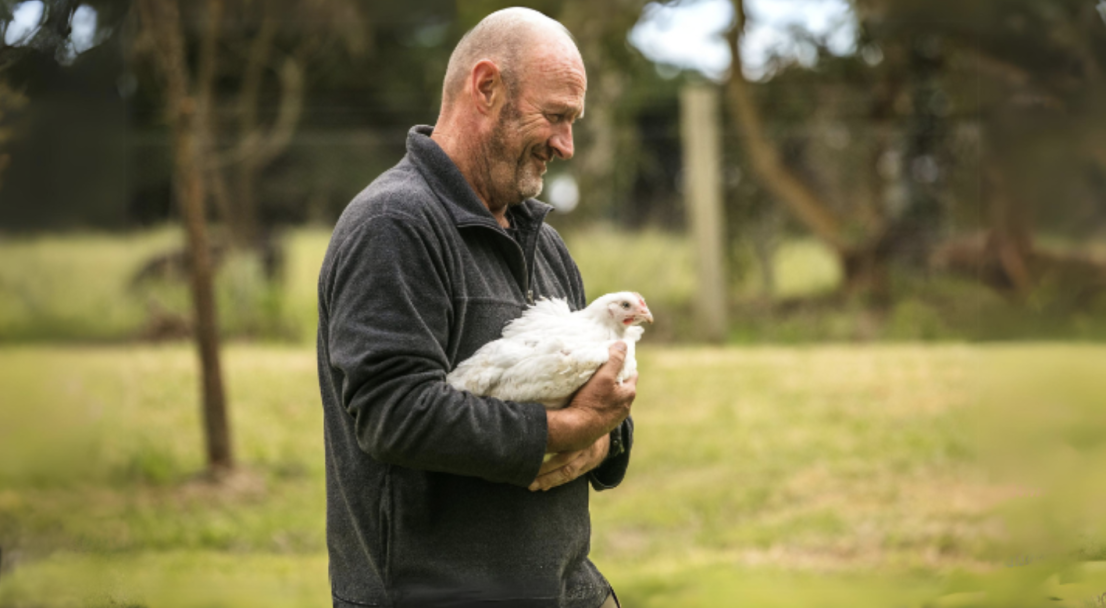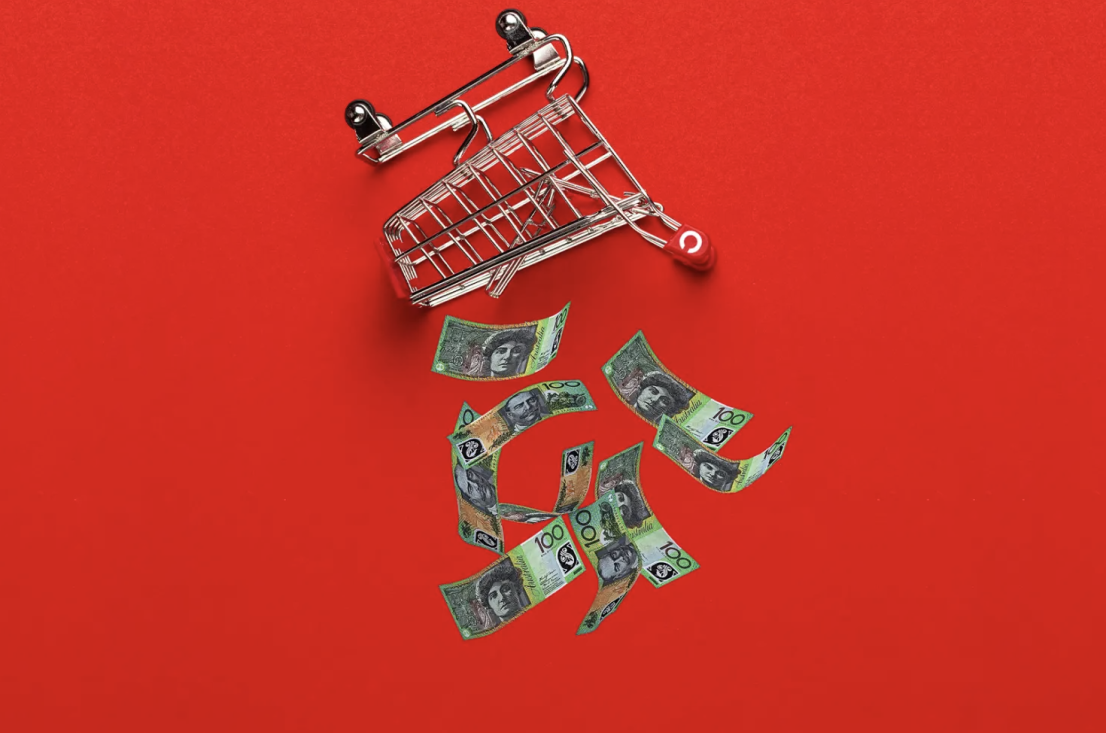
Australia’s major supermarkets could face fines that run into the billions of dollars if they fail to comply with a revamped and mandatory code of conduct designed to protect farmers and families.
An interim review of the Food and Grocery Code of Conduct, to be released on Monday, has the country’s big four supermarket retailers and wholesalers – Woolworths, Coles, Aldi and Metcash, which supplies IGA – squarely in its sights with a series of recommendations designed to deliver cheaper prices for consumers and fairer prices at the farm gate.\
The review is being led by Craig Emerson, who was competition and small business minister in the Rudd and Gillard governments. He was tasked with undertaking the review by the Albanese government in January amid growing outcry that supermarkets were failing to pass savings on even as the prices paid by the big retailers for meat, fruit and vegetables were falling.
The federal government is under intense pressure to address cost-of-living concerns in the May budget. The interim review is being released as the Greens push new laws – which the Nationals and a handful of Liberals have backed – that would allow the Australian Competition and Consumer Commission (ACCC) and the courts to force corporations such as Woolworths and Coles to sell assets if they grow too big.
The big four signed on to the voluntary code of conduct when it was established in 2015, but in his interim report, Emerson found a heavy imbalance in market power between the major supermarkets and their smaller suppliers, who fear retribution if they complain under the current code.
To remedy this, Emerson has recommended the code be made mandatory and major breaches of the code should be met with fines which would be the greater of $10 million, 10 per cent of a company’s turnover or three times the benefit gained from the breach of the code. Penalties for minor breaches of the code would be set at up to $187,800.
If a fine of 10 per cent was imposed on one of the major supermarkets, it would probably be one of the largest fines in corporate history.
Coles reported turnover of just over $40 billion in the most recent financial year, so a fine of 10 per cent of its turnover would be about $4 billion. Woolworths reported sales of $48 billion.
Metcash reported $9.6 billion in food sales in the financial year to June. Aldi reported about $12 billion.
Emerson said the interim report offered the government a practical, low-cost solution and that the idea of imposing a fine equivalent to 10 per cent of turnover had been modelled on the franchising code of conduct.
“I hope this is well received,” he said. “I have sought to achieve the best of both worlds – a tough penalty regime for systemic bad behaviour but mediation and arbitration which, if agreed by the supermarkets under the constitution, would do most of the work to resolve complaints.”
In the report, Emerson says critics of the voluntary code point to the small number of disputes filed under the code as evidence of its failure.
“They nominate the fear of retribution by supermarkets as the dominant reason for so few disputes being raised by suppliers,” Emerson wrote.
That retribution could lead to unfavourable terms and conditions being imposed on suppliers, relocation of products to less popular locations in stores and even delisting of a supplier’s products.
Treasurer Jim Chalmers said the review was an important part of the government’s competition reform agenda, which included an ACCC inquiry into supermarket prices, a boost in funding for supermarket price monitoring by Choice and a comprehensive review of competition policy settings.
“We want a fair go for families and a fair go for farmers,” Chalmers said.
“This work is all about making our supermarkets as competitive as they can be so Australians get the best prices possible.”
Under Emerson’s proposed law changes, the ACCC would help enforce the code but, rather than leaving the enforcement process to potentially years-long court cases, an independent arbitration system would be used so suppliers that brought a complaint would not go bankrupt while waiting for their case to be heard.
The ACCC would continue to be able to issue public warning notices, seek injunctions, initiate court proceedings and accept court-enforceable undertakings.
Compensation for suppliers affected by breaches of the code by one of the major supermarket chains would be capped at $5 million. Emerson also advocated for an anonymous complaints process to be established.
Eight recommendations, including the penalties making it mandatory, and changes to the code to ensure supermarket suppliers don’t fear retribution will not change between now and the final report being handed over on June 30 but three recommendations, including how to implement low-cost dispute resolution, are still to be finalised.


